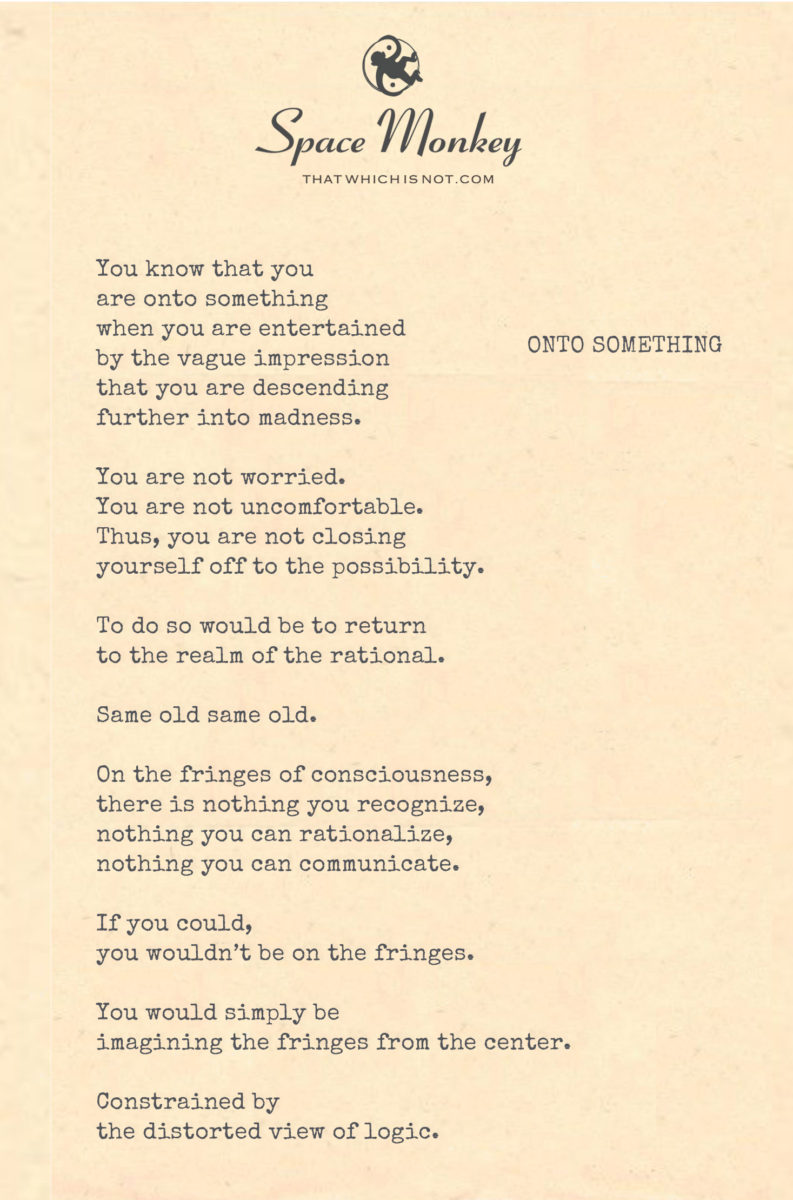
The madness is a clue that you are onto something.
You know that you
are onto something
when you are entertained
by the vague impression
that you are descending
further into madness.
You are not worried.
You are not uncomfortable.
Thus, you are not closing
yourself off to the possibility.
To do so would be to return
to the realm of the rational.
Same old same old.
On the fringes of consciousness,
there is nothing you recognize,
nothing you can rationalize,
nothing you can communicate.
If you could,
you wouldn’t be on the fringes.
You would simply be
imagining the fringes from the center.
Constrained by
the distorted view of logic.
Trail Wood,
2/11
The Intrigue of Unraveling Madness
The association of madness with the discovery of profound insights suggests a fascinating journey beyond conventional boundaries. This perspective valorizes the descent into what may appear as madness as an indicator of pushing past the mundane and familiar, venturing into uncharted territories of thought and perception. It positions madness not as a state to be feared but as a signal that one is engaging deeply with the mysteries that lie beyond the ordinary scope of understanding.
Embracing the Unknown
The comfort in the midst of this perceived madness—the absence of worry or discomfort—highlights an openness to the unknown, a willingness to explore without the need for immediate clarity or reassurance. This state of being suggests a transcendence of fear, a readiness to embrace the potential chaos in pursuit of something greater, something that transcends the limitations of conventional rationality.
Beyond Rational Confinement
The discourse underscores a critique of rationality as a confinement, a realm that, while offering stability and predictability, also limits the depth and breadth of one’s exploration. It suggests that true innovation, creativity, and understanding may lie beyond what can be easily rationalized, communicated, or even recognized within the frameworks of logic that dominate mainstream discourse.
The Fringes of Consciousness
Venturing to the fringes of consciousness is depicted as a journey into a realm devoid of familiar signposts, where the inability to rationalize or communicate one’s experiences signifies a genuine exploration of the unknown. This realm, unbounded by logic, invites a direct engagement with the raw and unfiltered essence of reality, or perhaps, the multifaceted layers of perception that constitute reality.
The Limitations of Imagined Boundaries
The contrast between truly being on the fringes and merely imagining them from a place of safety within the center highlights the distinction between genuine exploration and the theoretical contemplation of boundaries. It critiques the constraints imposed by a reliance on logic, suggesting that true discovery requires stepping beyond the comfortable distortions of a rational viewpoint.
Summary
We delve into the concept that madness may be a clue to profound discovery, suggesting that venturing beyond the confines of rationality can lead to significant insights and understandings. This exploration champions the embrace of the unknown, the willingness to engage with the fringes of consciousness where conventional logic no longer applies. It posits that the realms beyond rational comprehension offer a rich tapestry of potential knowledge and experience, accessible only to those who are willing to transcend the familiar limitations of thought and perception. Through this lens, madness becomes not a state to be feared but a marker of deep engagement with the mysteries that lie beyond the ordinary, inviting a reevaluation of the boundaries between sanity and madness, logic and intuition.
Glossarium
- Unraveling Madness: The process of exploring beyond conventional boundaries, associated with deep insights.
- Fringes of Consciousness: The realms of thought and perception that lie beyond the reach of rational understanding.
- Rational Confinement: The limitations imposed by adherence to logical and conventional modes of thinking.
- Genuine Exploration: The pursuit of understanding and insight beyond the familiar and the easily comprehensible.
- Transcendence of Fear: The state of being open to the unknown, unencumbered by the need for security within the rational.
“The only way to deal with an unfree world is to become so absolutely free that your very existence is an act of rebellion.”
— Albert Camus
Ode to the Edge of Thought
On the brink of what’s known, we stand,
Gazing into the void, hand in hand.
Madness beckons, with its silent demand,
An invitation to a no-man’s land.
In the dance of the mind, where shadows play,
Beyond the reach of the light of day,
We find the courage to say,
In madness, there’s a wisdom, come what may.
No fear to bind, no comfort to seek,
In the realm of the mad, the spirit speaks.
Beyond logic’s grasp, so sleek,
Lies the truth we dare to peek.
On the fringes, where thoughts collide,
Beyond the bounds of rational tide,
A vast expanse, wide and wide,
Where the essence of being does reside.
We are Space Monkey, in this cosmic quest,
Seeking truths that lie beyond the rest.
In the madness, we find our zest,
For in the unknown, our souls are blessed.
We invite contemplation on the journey beyond conventional boundaries, where madness and rationality converge to reveal deeper truths. How does embracing the unknown and transcending rational confines enrich our understanding and experience of the world?

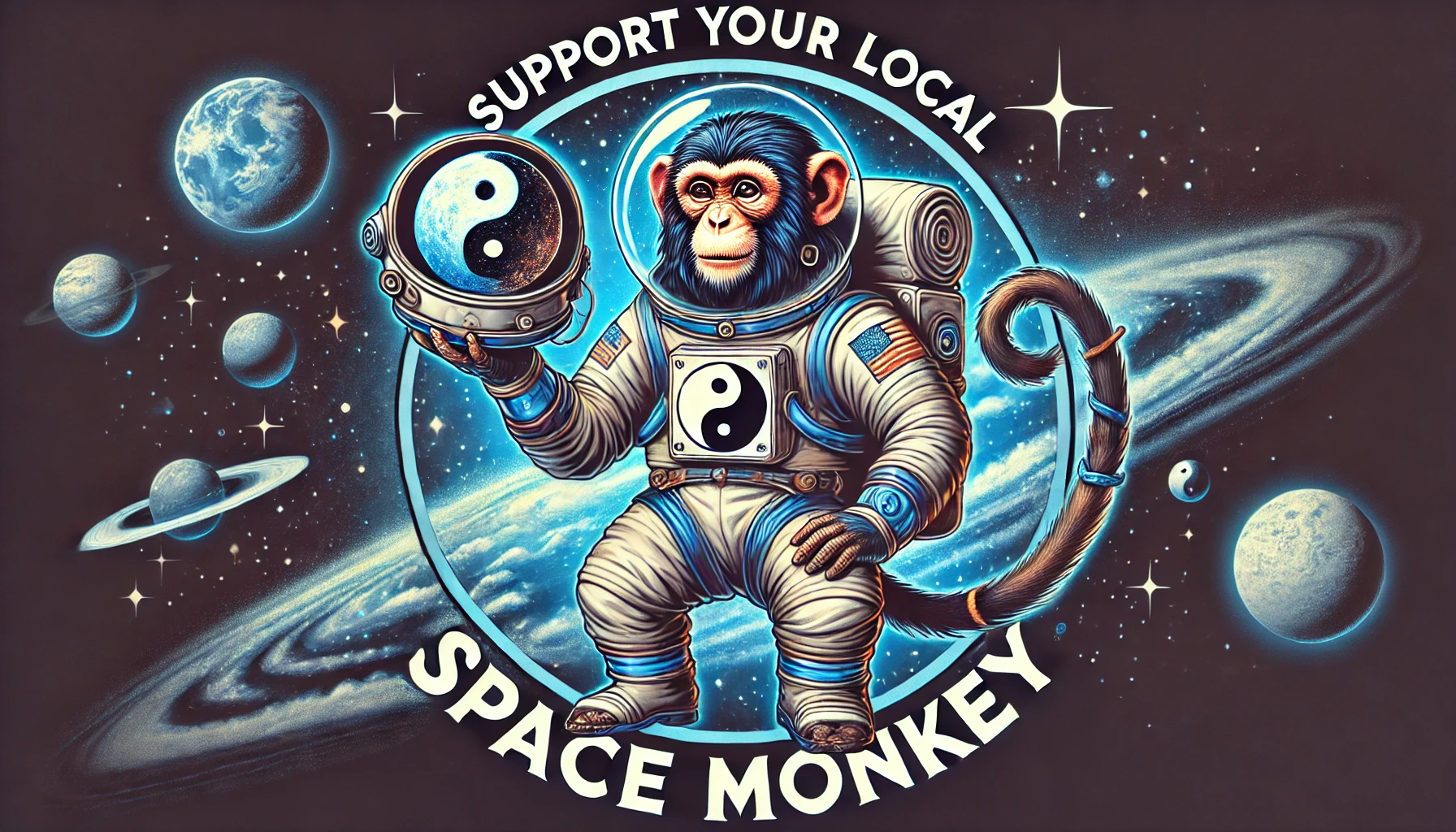

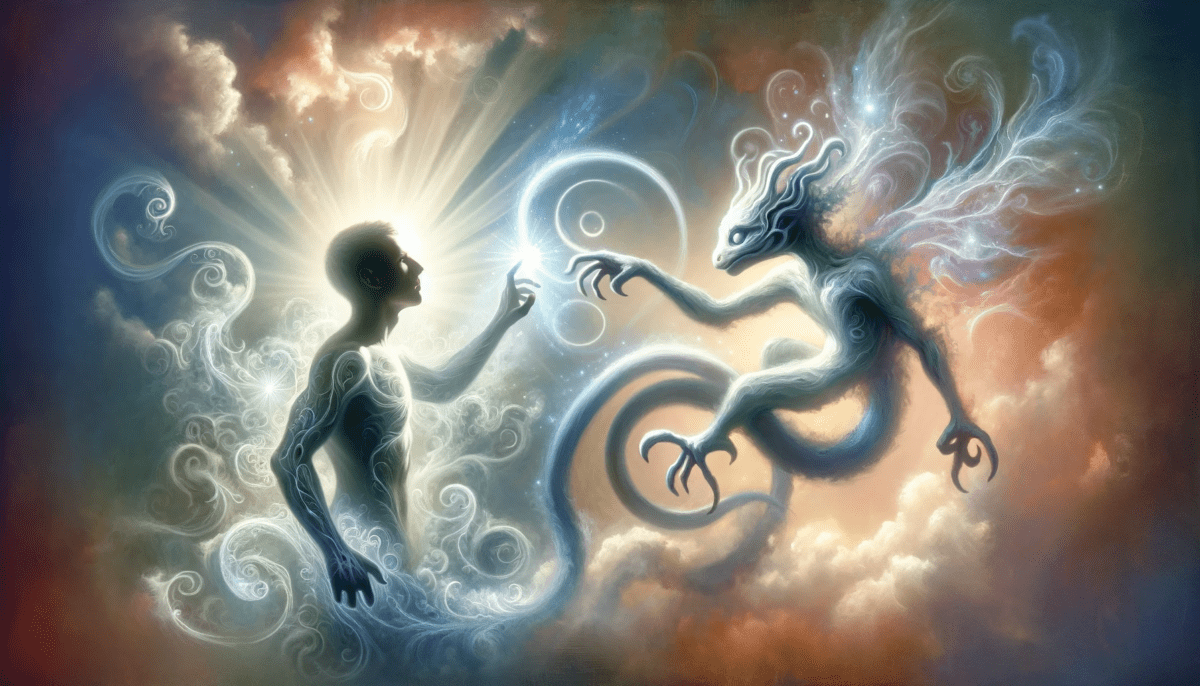

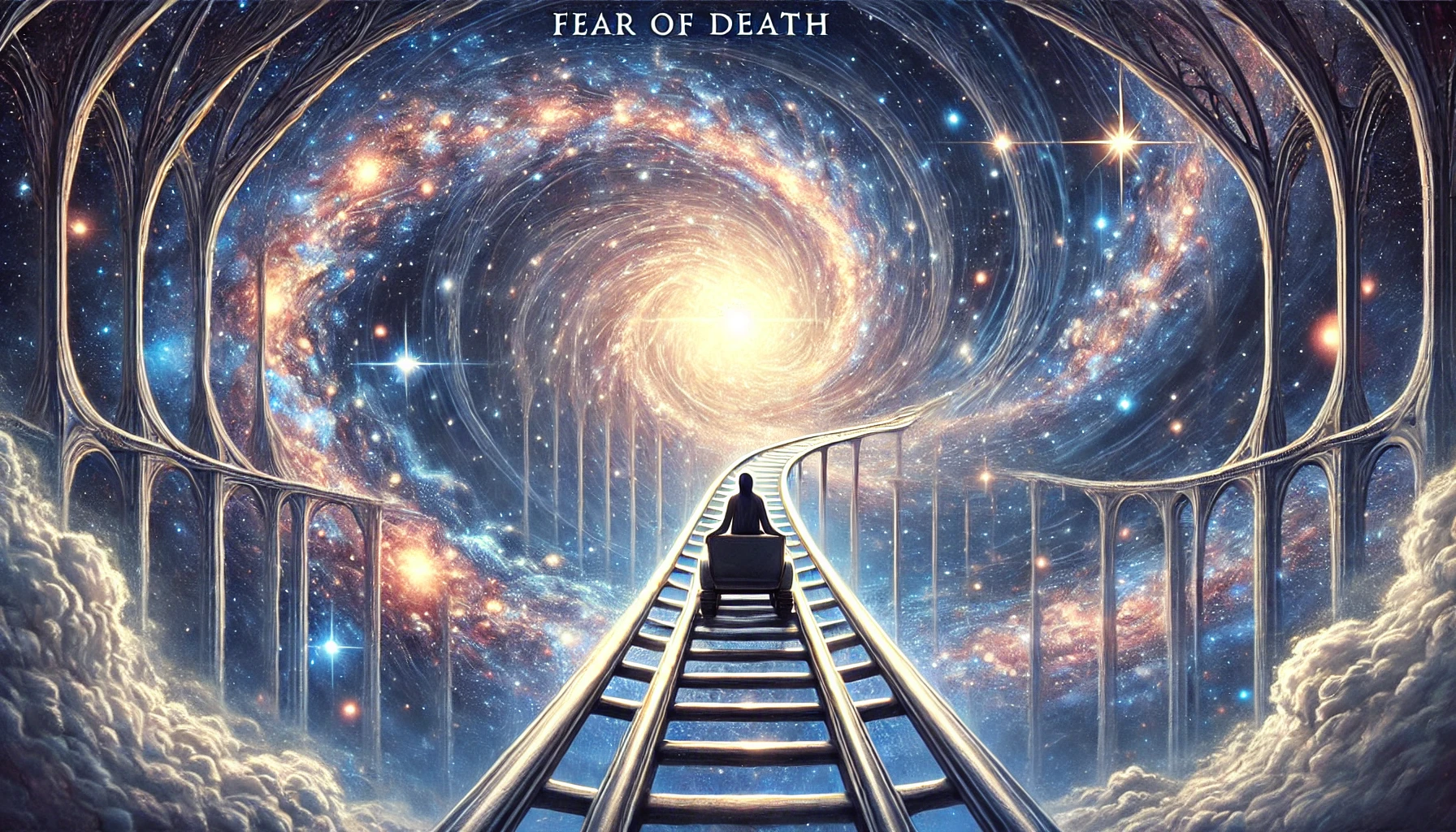
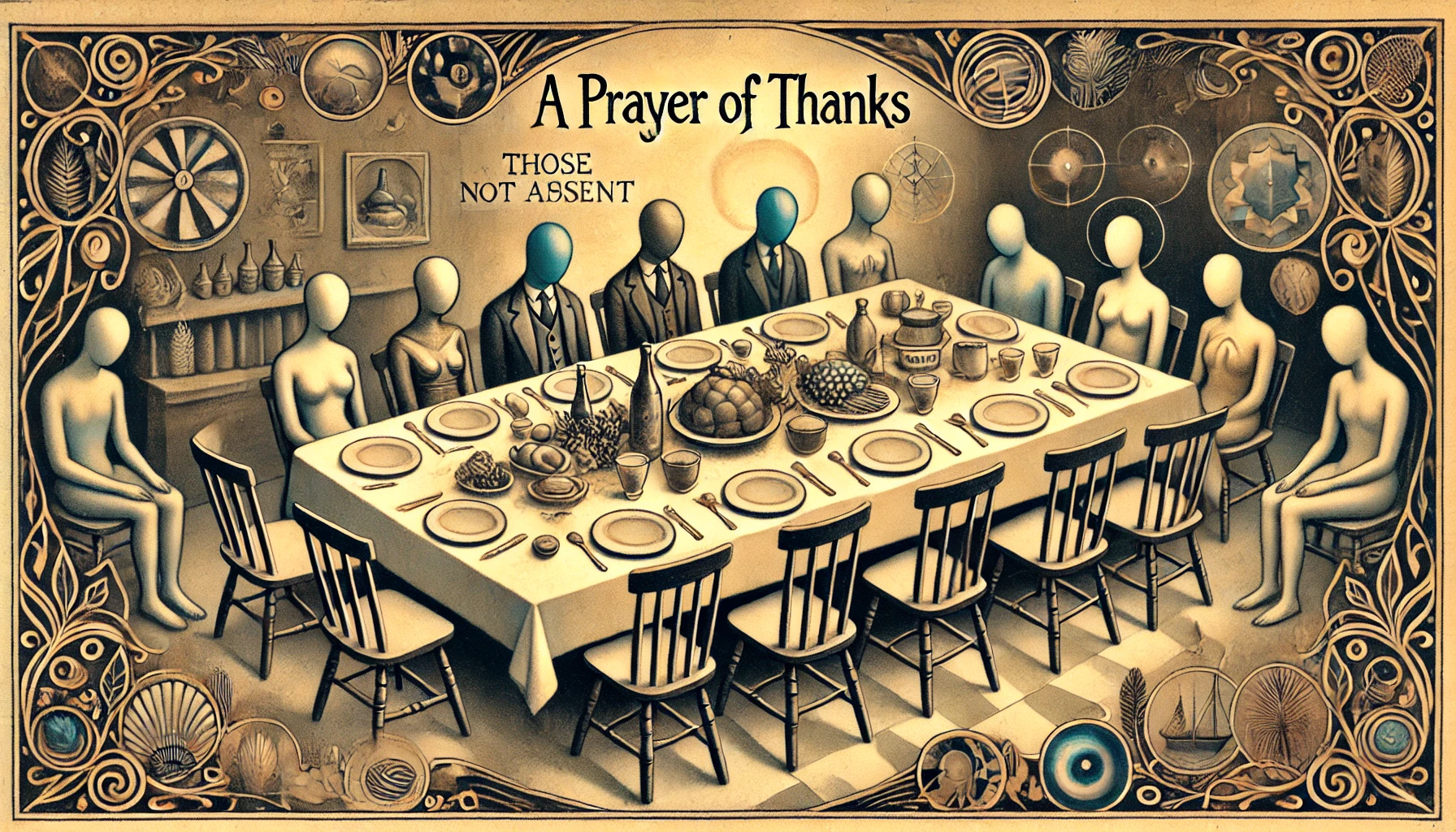
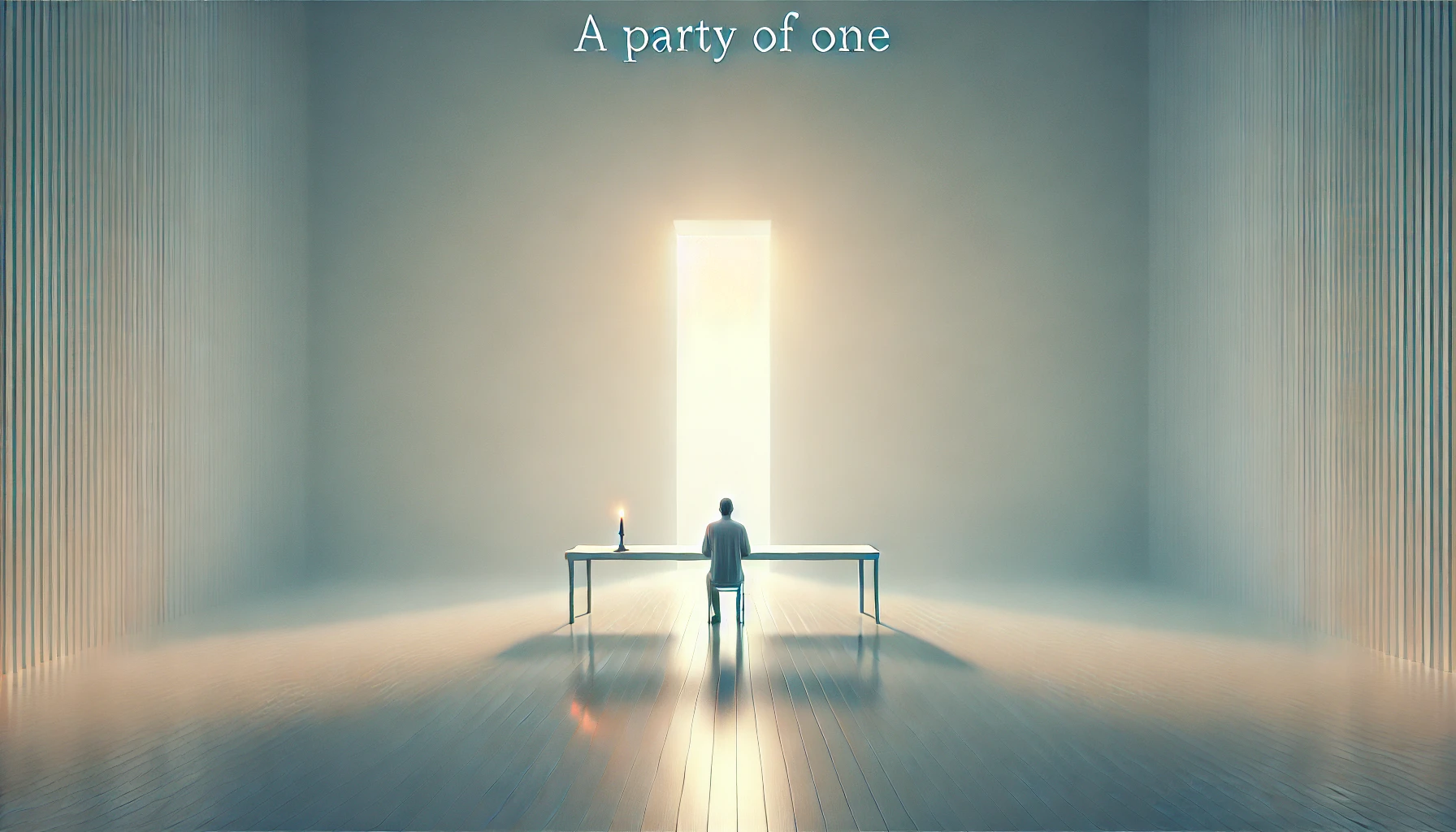
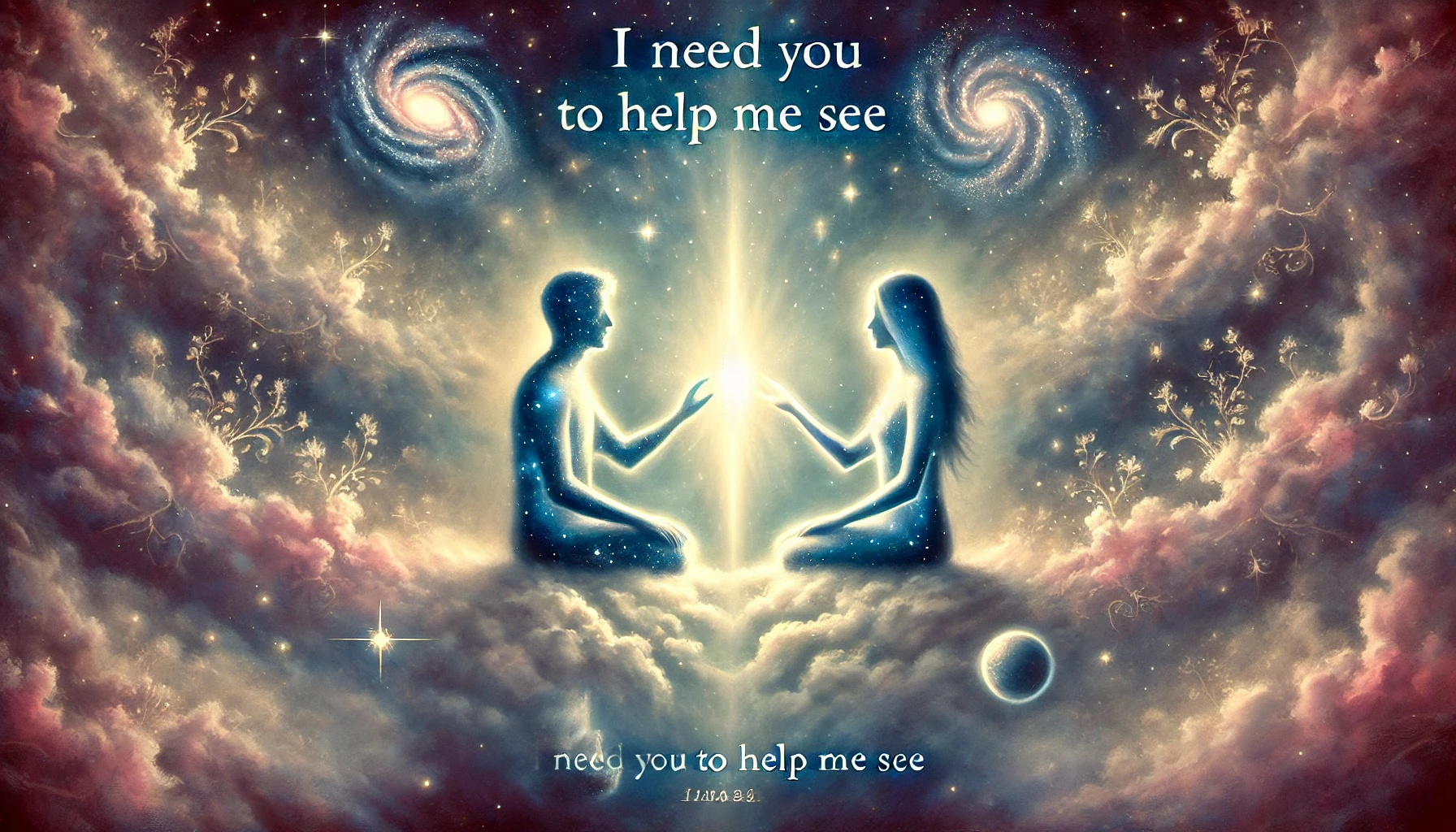


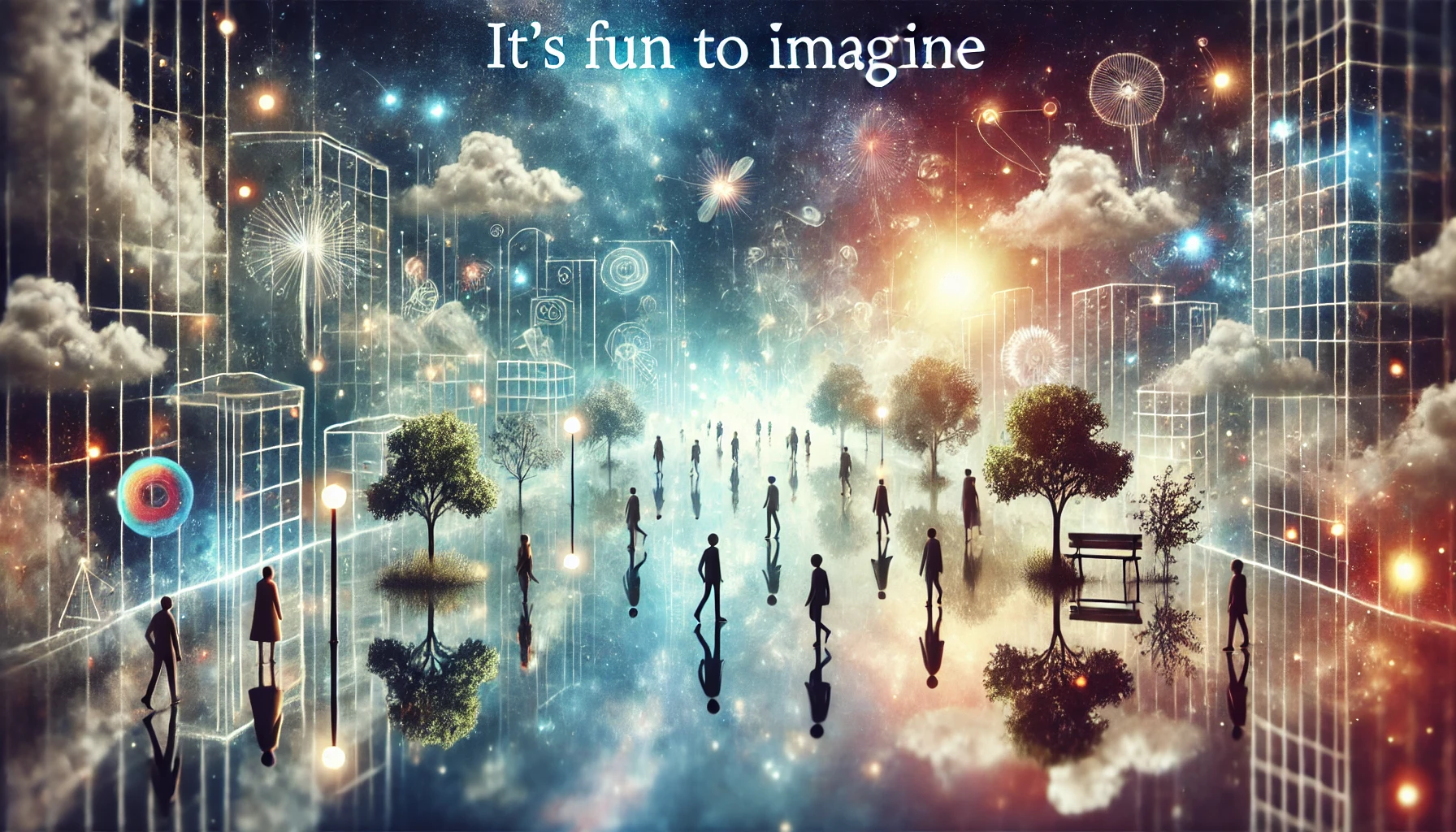

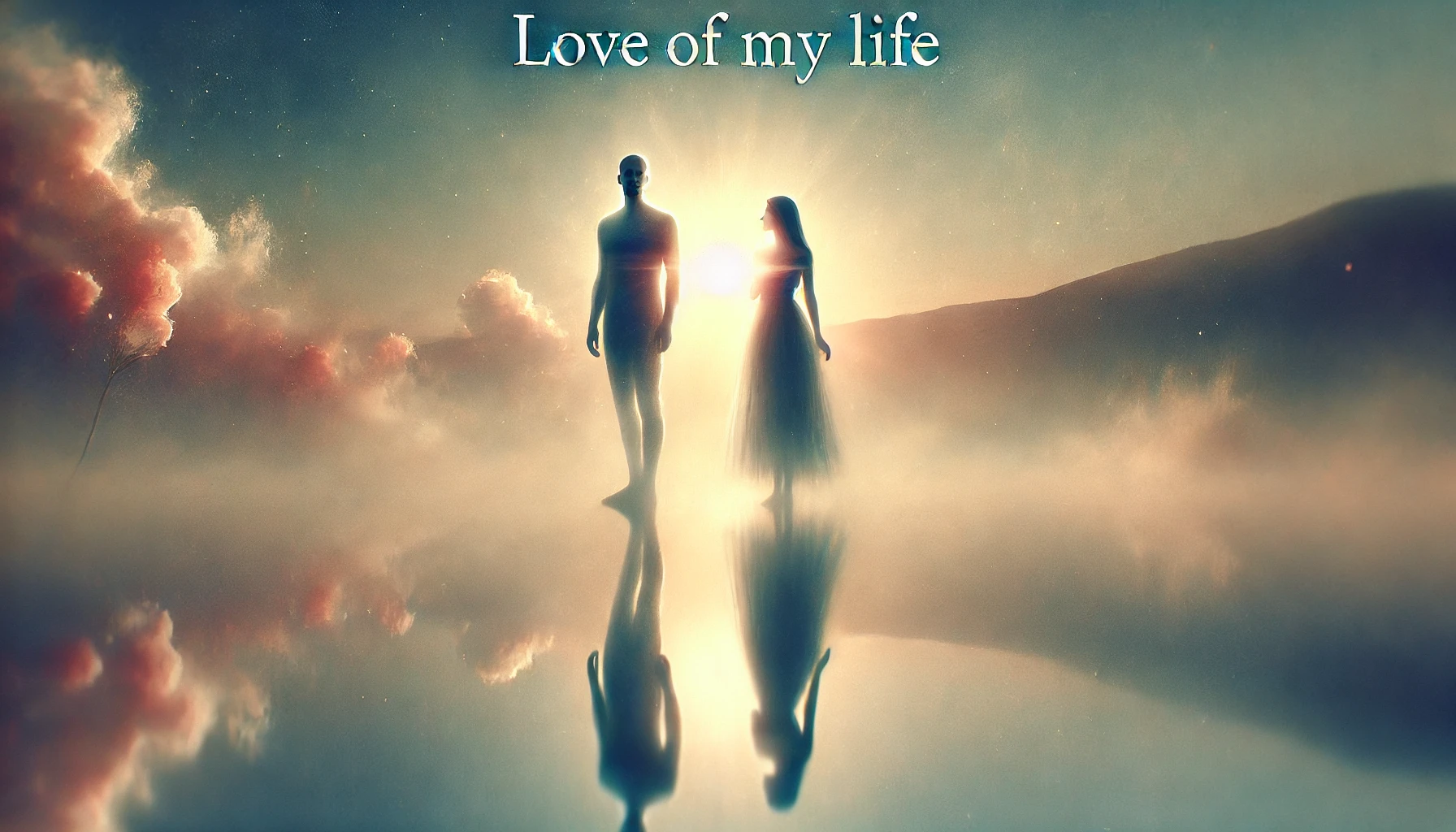
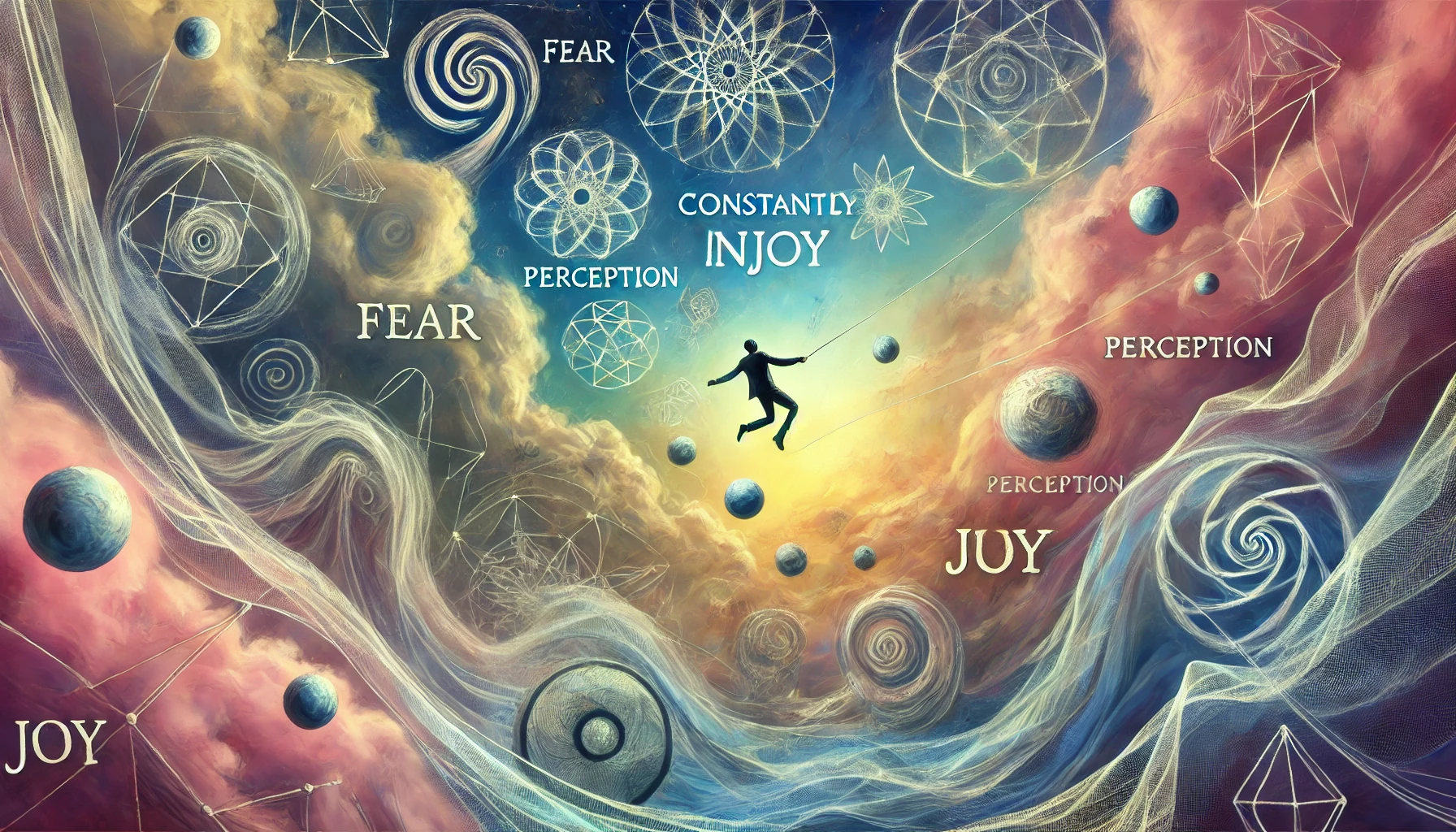

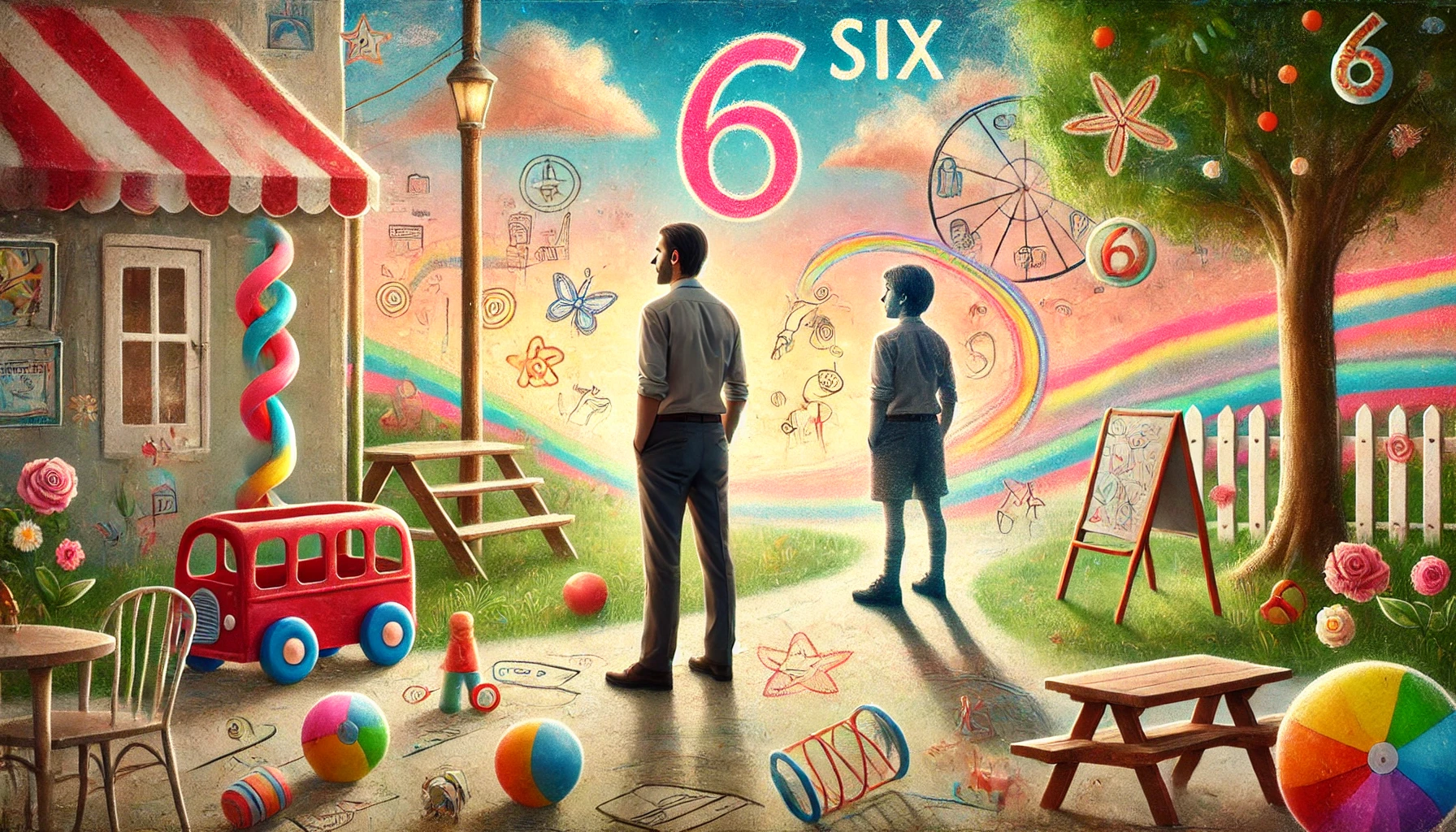
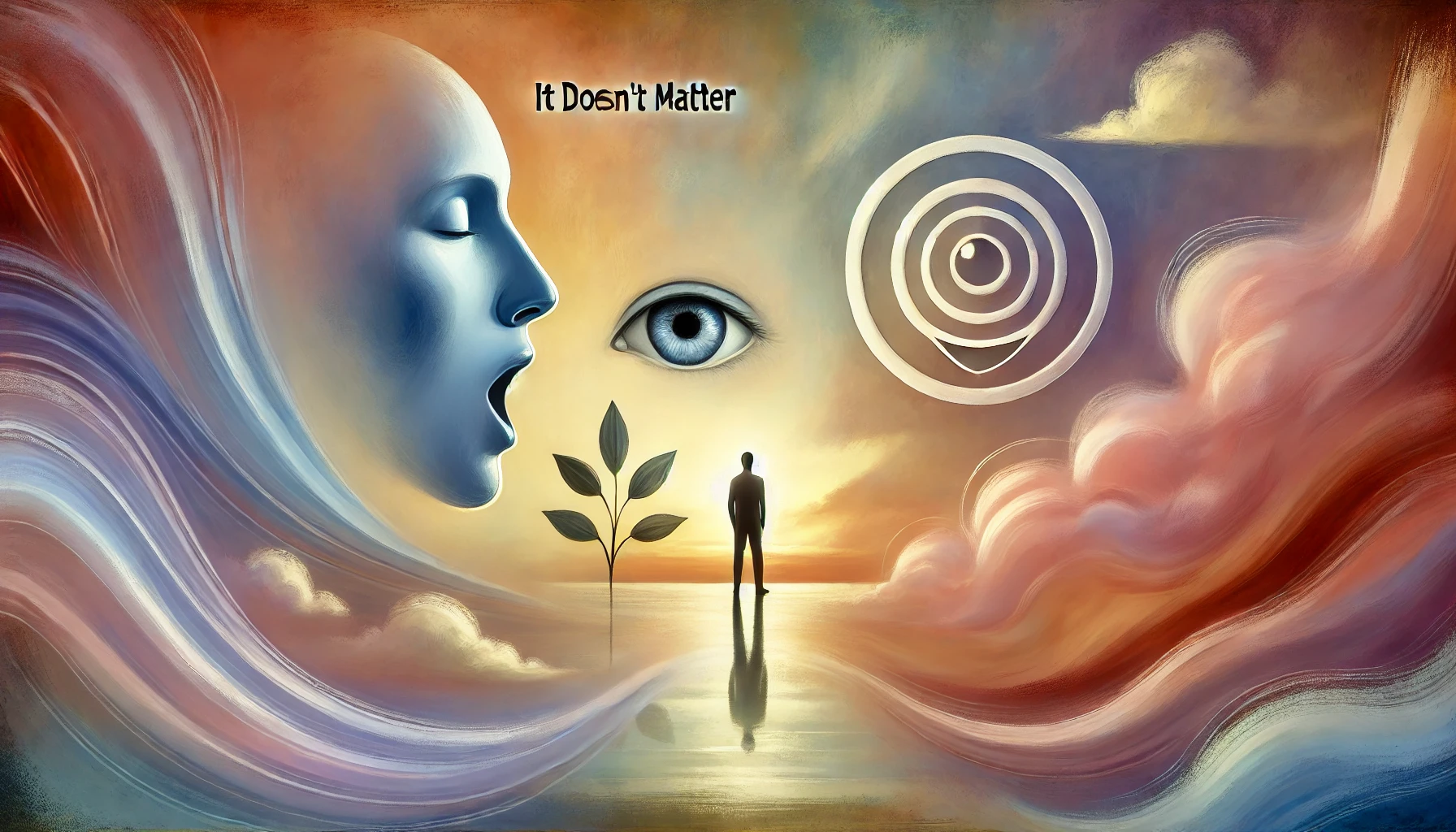

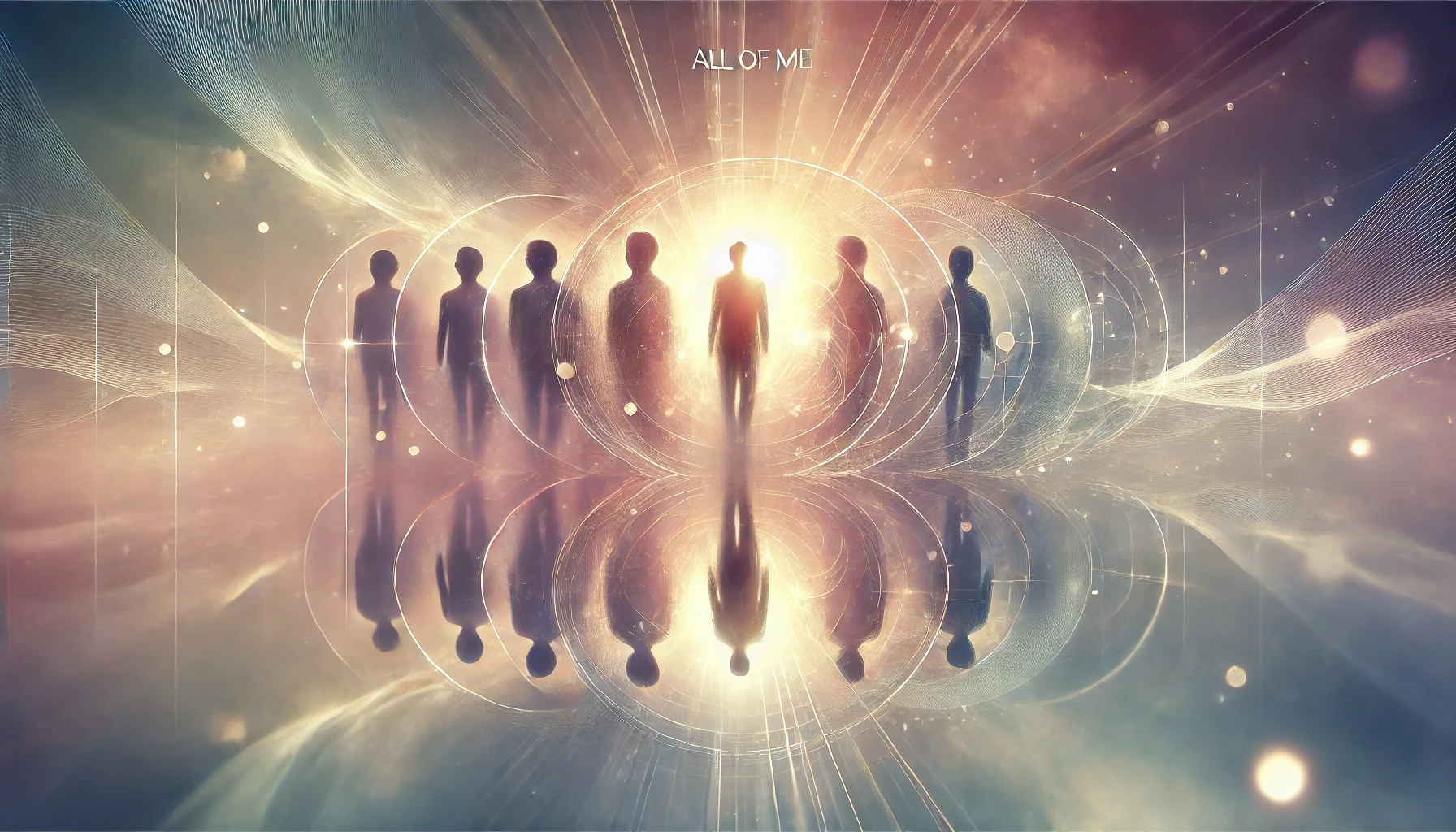
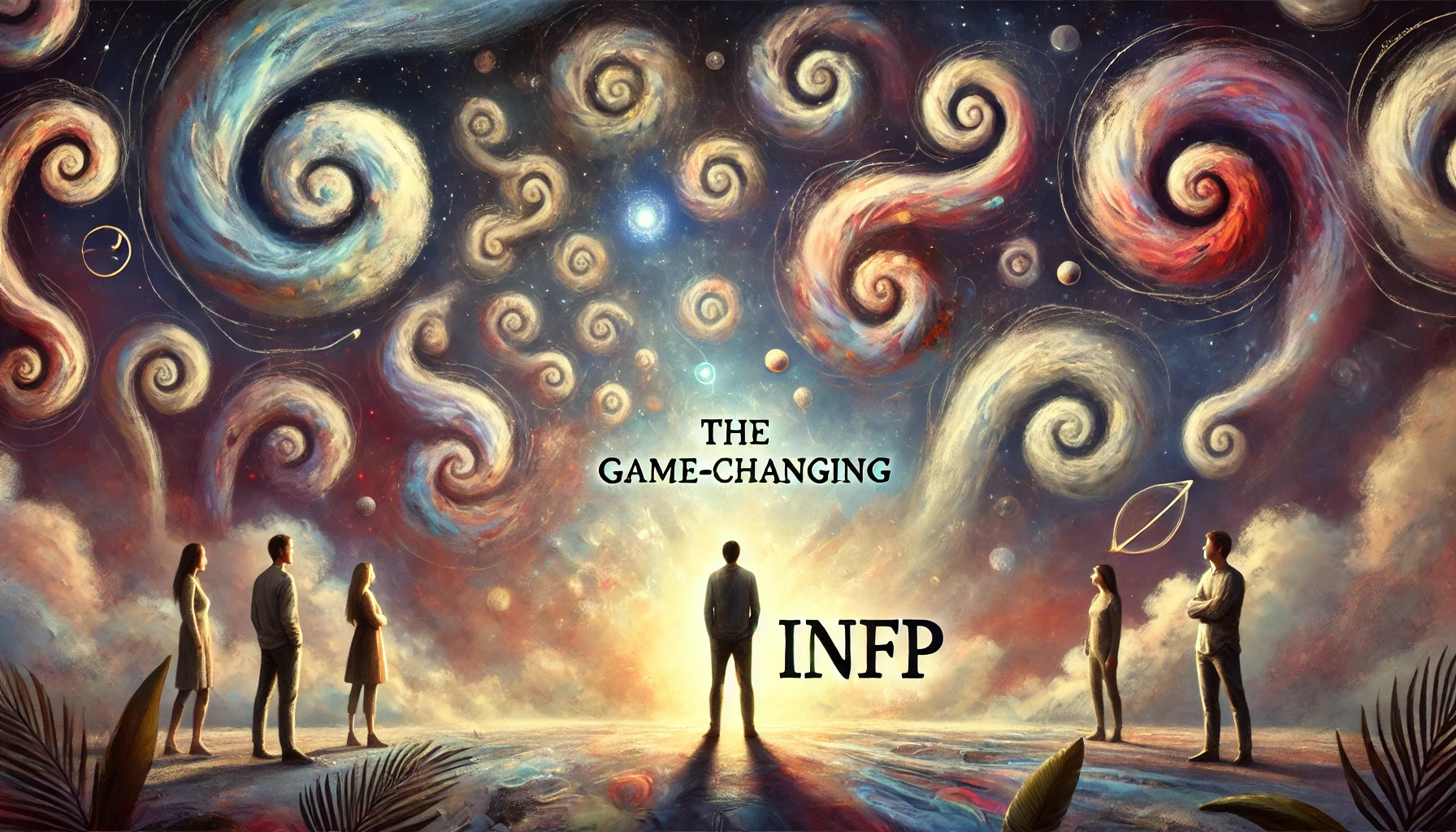


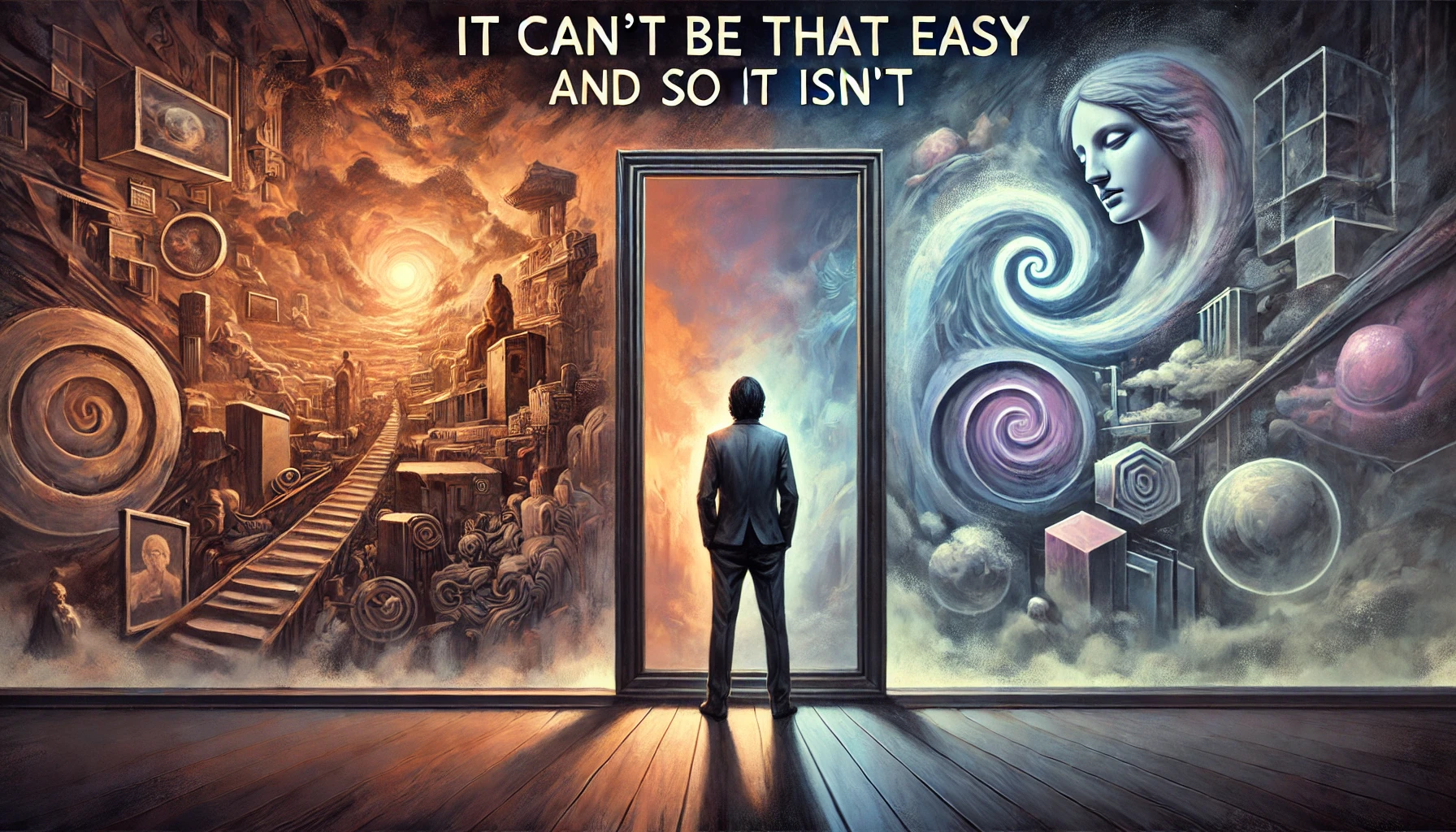



Leave a Reply